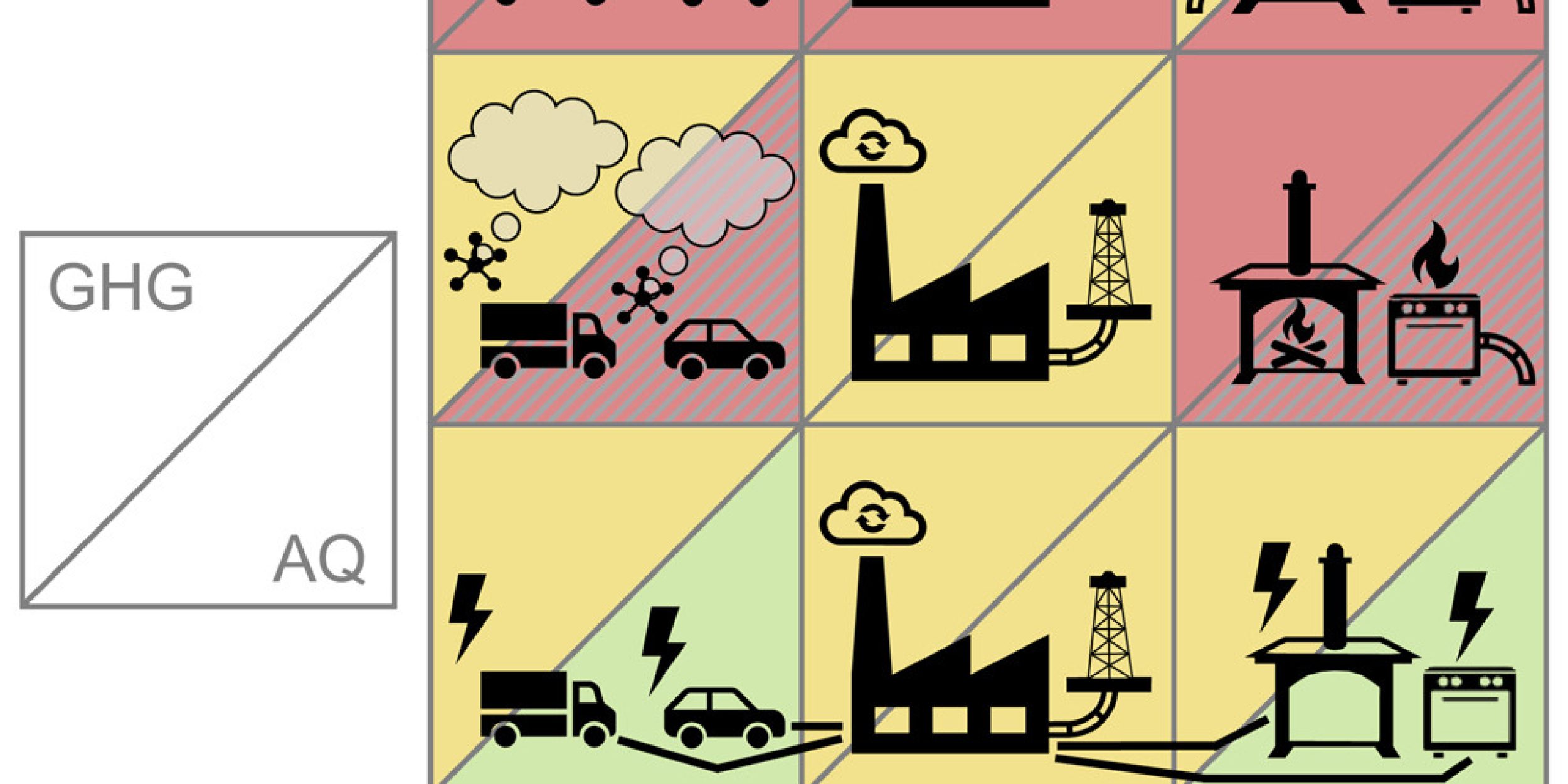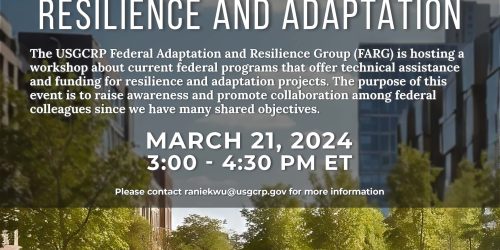Urban areas that constitute only three percent of the Earth’s land surface but accommodate almost half of the global population, are thought to contribute almost 75% of the global carbon dioxide emission. Air pollutants like nitrogen oxides (NOx), sulfur oxides (SOx), carbon monoxide (CO) and particulate matter (PM) are coemitted along with carbon dioxide (CO2) from the combustion of fossil and biofuels used in energy production. Secondary pollutants like ozone and additional secondary PM are formed when primary pollutants are photolyzed by sunlight and oxidized in the atmosphere. Together, these pollutants not only cause an increase in mortality, respiratory distress, cancer rates and adverse effects on cardiovascular systems, but also damages crops and shunts plant growth. Thus, a reduction of air pollution in cities can reduce the number of premature deaths, improve the life of millions of people and mitigate climate impacts of CO2 emissions.
In a recent paper published in the journal Chem, scientists from Columbia and Harvard University discuss the links between CO2 and coemitted air pollutants in mobile and stationary combustion, and their impacts on urban air quality (AQ). The authors highlight that carbon mitigation policies aimed at reducing CO2 emissions can worsen urban AQ and could result in increased deaths if the coemitted pollutants are not accounted for. In order to mitigate air pollution and improve urban AQ, the authors recommend to (1) prioritize the removal of carbon-fuel based combustion, primarily burning of coal and wood; (2) electrify the transportation network, especially for colder climates and heavy-duty vehicles; (3) remove sulfur from all fuels; and (4) leverage existing air quality monitoring networks to increase carbon emission measurements from combustion in cities worldwide. One of the authors, Róisín Commane, is an Atmospheric Chemistry, Carbon Cycle and Climate (AC4) funded PI.
For more information, contact Shiv Das.










